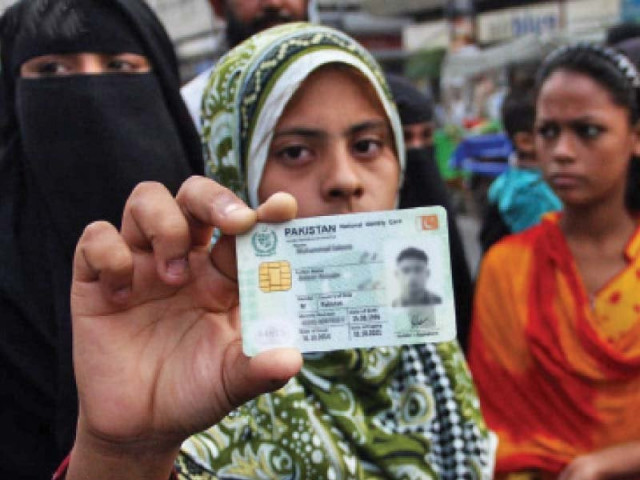
There are no statistics to confirm how many people have found themselves on the wrong side of Malir SSP Rao Anwar’s gun but, with 150 encounters in the 25 years of his career, the dreaded cop is way ahead of most other policemen in the country.
As he speaks to The Express Tribune at his office in Gadap police station on Super Highway, Anwar has a tinge of regret in his voice when he points that the count could have been much higher if he had not been “sidelined” last year. “You know it’s very easy to strike a deal with a criminal and let him off the hook,” he says. “Do you think I am stupid when I risk my life and those of my children when I go after terrorists?”
Anwar remembers his first encounter in 1995 in which he killed Farooq Dada and Fahim Commando. He adds that it gave him immense joy.
Public order: Police busy executing staged encounters: Sarwar
Several families have come forward with claims that their loved ones, killed in shootouts, were innocent, insisting that they had paid the price of being easy low-profile picks for someone to raise their count. Some claimed that their men were detained months before they were killed in encounters.
The Express Tribune was able to locate two families with no political affiliation whose loved ones were gunned down during encounters in 2015. They did not want to talk. One family said that the law enforcement agencies had warned them to stay quiet. They threatened the lives of other men in the family if they continued to protest.
“No one likes to kill an innocent person,” says Anwar. “And we do our homework before going after these men. We deal with the Taliban who can blow themselves up with suicide jackets and have huge weapons.” The SSP recalled an encounter when a man blew himself up in alFalah and injured two police officers.
The streets of Karachi have seen a lot of blood in the past and it seems the trend continues, even though the perpetrators may have changed. According to the Human Rights Commission of Pakistan’s (HRCP) annual report on violence in Karachi, the year 2015 saw fewer target killings (387) but a rise in police encounters that led to the deaths of 586 people. Last year, Anwar contributed to 37 of the encounters that took place in Karachi.
Family claims wrongful death in DHA police encounter
At the end of the day, the mean streets of the city are soaking a lot of blood.
HRCP chairperson Zohra Yusuf appreciates the decline in target killings in the city but, she added, that they are concerned about encounters. “It seems a matter of policy not to bring suspects to trial but to eliminate them,” she says. “Everyone has the right to a fair trial, even a terrorist.”
The HRCP survey also shows that police officers are rarely injured during these encounters, she points out.
An HRCP official, Nedda Tanweer, who compiled the annual report based on news stories, says that the highest number of encounters took place in Lyari town, followed by Baldia and Malir.
Tallying numbers on violence
According to the HRCP’s annual report, target killings have dropped down tremendously in Karachi — from 915 in 2014 to 387 in 2015. Of these, 272 people were targeted even though they had no affiliation with any political party, including social activist Sabeen Mahmud. The number of political activists gunned down was 42 while 72 people were gunned down due to their sect.
Two robbers killed, one injured in police encounter
Fifty people were abducted and then killed while 217 bodies were found abandoned at various locations across the city. The law enforcers did not fare better as 73 policemen were killed, along with seven personnel of Rangers and Military Police. Sixteen people were killed in bomb blasts and 44 in the Lyari gang war.
Operation 101: How the police prepare for an encounter
Preparations for an operation, which eventually results in an encounter, can be triggered off by a single piece of information, such as someone sighting a terrorist in some neighbourhood or handwritten notes being handed over to police officers about militants being trained in madressas.
It is a laborious process that can last days, sometimes months, explains Malir SSP Rao Anwar.
To find criminals such as high-profile militants in parts of Gadap Town, Gulshan-e-Buner and Sohrab Goth, the police are highly dependent on its information network. Once the information is verified, an undercover police informer hangs out in the neighbourhood, often disguised as a vendor or a bystander to collect more information.
Back at the police station, maps are drawn, areas are located and identities are confirmed. The day and timings of the operation depend on information about the presence of the suspected terrorist. Sometimes, the police go to an area and simply wait for the suspect to arrive. If he does not show up, the police team is forced to return.
Sometimes, they call off the operation if the suspect’s accomplices are present but the main suspect is missing. They know that if they arrest the accomplices, the main suspect will become cautious.
Enforcing the law: Five members of a Lyari-based gang killed in encounter
Once the operation starts, the police enter the area on their bulletproof vehicles, armoured personnel carriers and equipment, and block all exit and entry points. During encounters, Anwar likes to use both a pistol and a submachine gun, depending on the situation. The criminals, he says, always respond by firing.
Twenty years later, the police officer says that tactics of terrorists have change. While most of the police encounters used to take place after 3am, the suspects now stay away from their homes at night and return after morning prayers. Hence the police are forced to operate in daytime too.
Published in The Express Tribune, January 17th, 2016.

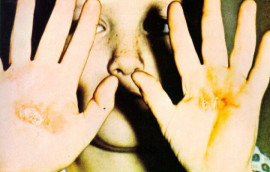
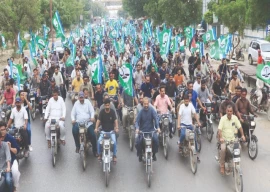
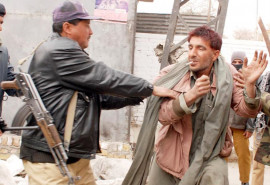
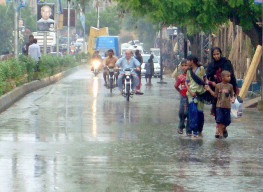
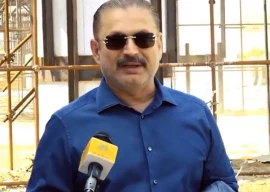



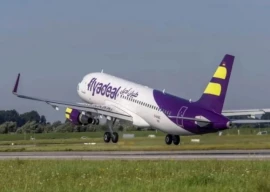
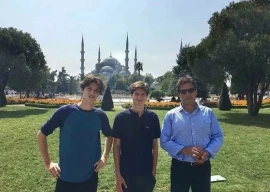
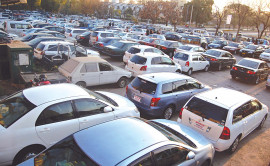





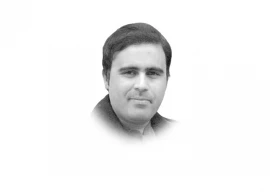
COMMENTS
Comments are moderated and generally will be posted if they are on-topic and not abusive.
For more information, please see our Comments FAQ